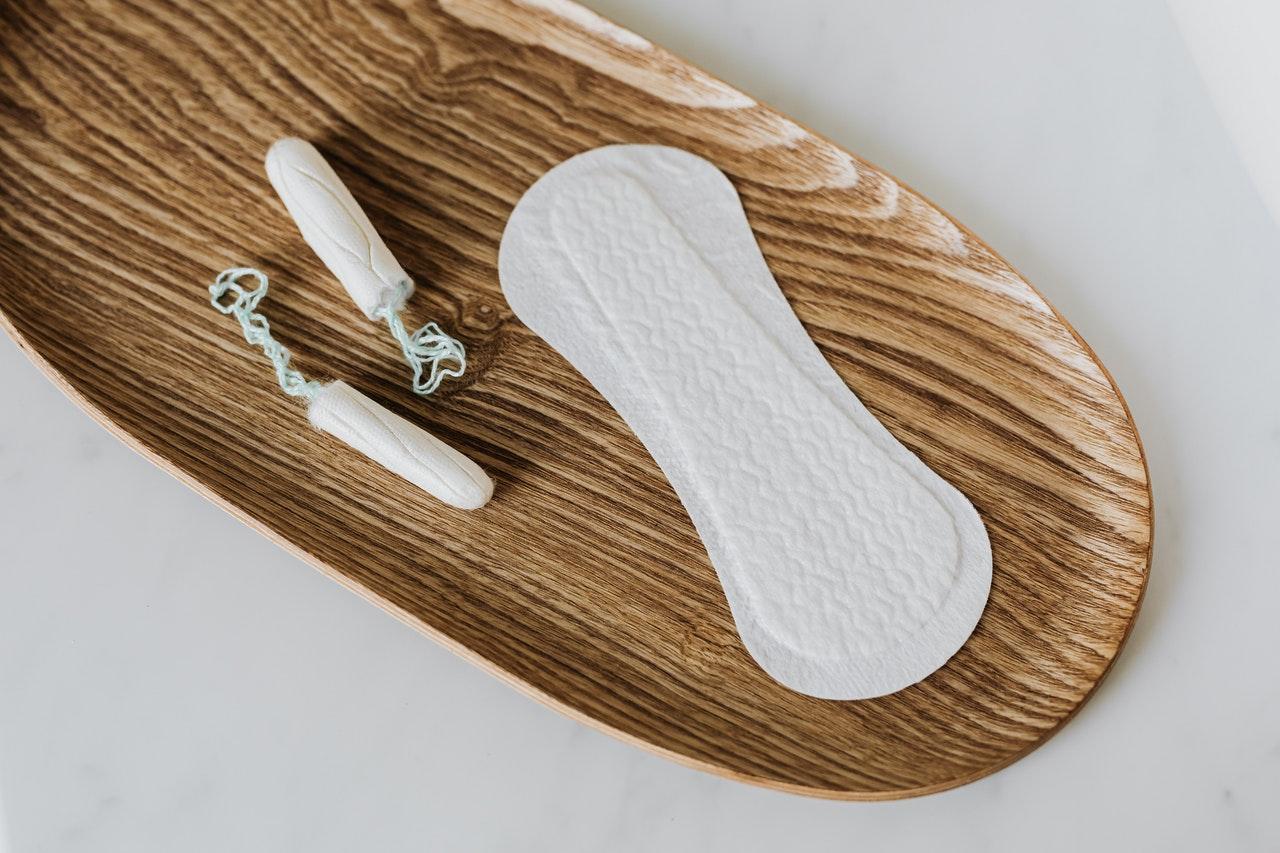Scotland becomes first country to make period products free
Period poverty, when women cannot afford basic period essentials, is an issue that affects women and girls around the world.
Just In
Scotland made history this week, becoming the first country in the world to provide period products to all women for free.
The Scottish Parliament unanimously passed the necessary legislation on Tuesday. The government will now set up a nationwide programme to “allow anyone who needs period products to get them free of charge”.
Schools, colleges and universities must make period products available for free in bathrooms, and the Scottish government will now have the power to “make other public bodies provide period products for free”, according to the legislation.
Nicola Sturgeon, Scotland’s first minister, wrote on Twitter after the bill passed that she was “proud to vote for this ground-breaking legislation”, which she heralded as an “important policy for women and girls”.
Member of the Scottish Parliament Monica Lennon, sponsor of the new law, tweeted that the passing of the law is, “A proud day for Scotland and a signal to the world that free universal access to period products can be achieved.”
Period poverty, when people cannot afford even the most basic period supplies like pads and tampons, is an issue that affects women and girls around the world, reports the Independent.
The taboo around menstruation and the lack of access to menstrual products hurts women economically because it costs them money for products and may keep them away from jobs and school, advocates say. It also sets women back mentally in societies where something that happens to them naturally is demeaned or even not discussed.
“Most of us have been conditioned for all of our lives to not talk about menstruation,” said Jennifer Weiss-Wolf, a lawyer and author of “Periods Gone Public”. “And the things that keep us potentially from succeeding are often the things that happen to be what we don’t talk about in polite society.”
At least half a billion women and girls globally lack facilities for managing their periods, according to a 2015 report from the World Health Organization and Unicef.
Subscribe to our newsletter
To be updated with all the latest news and analyses daily.
